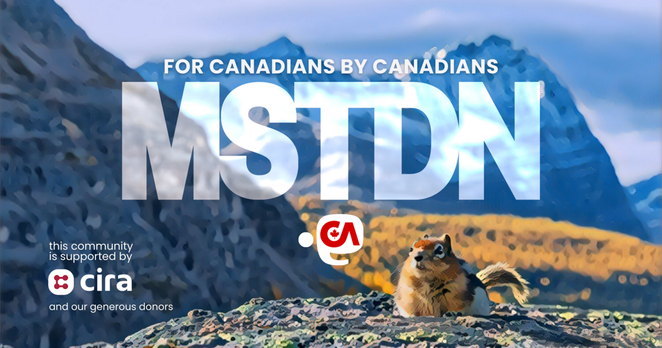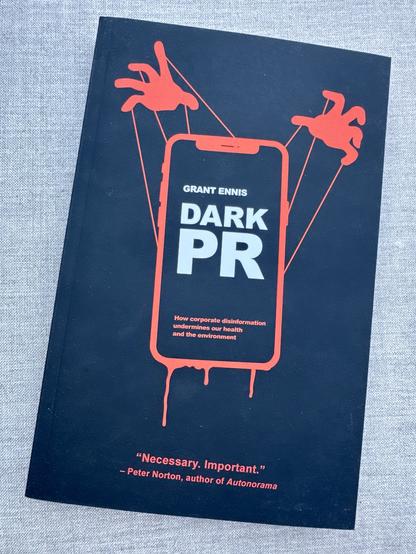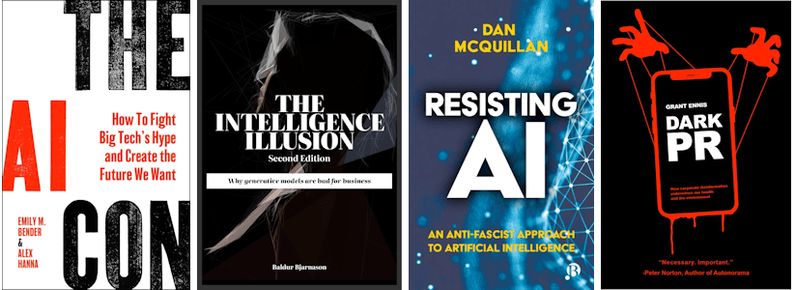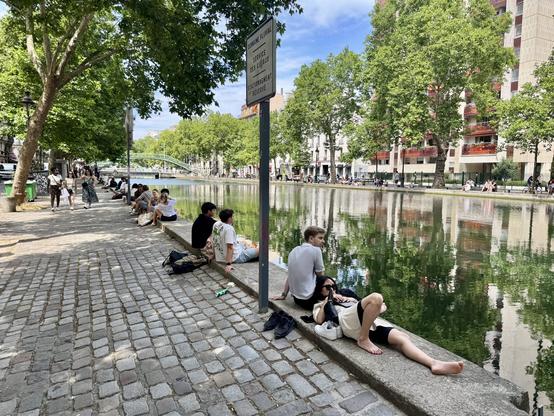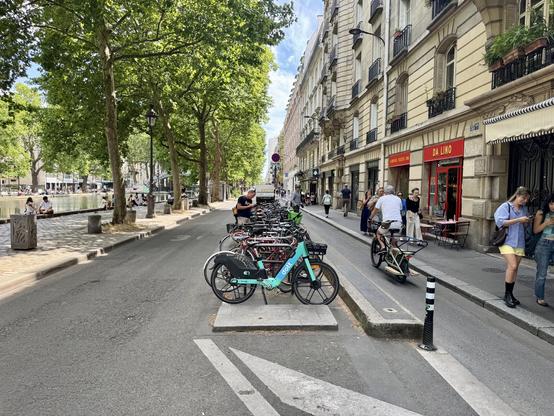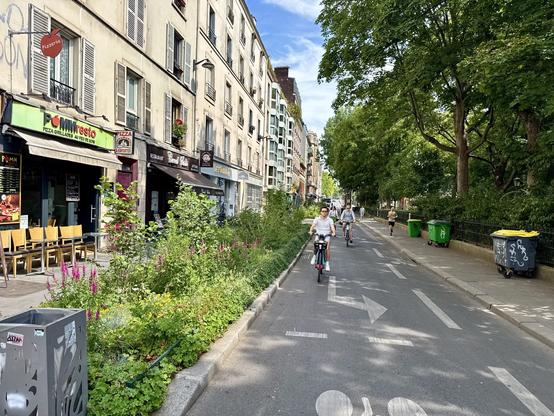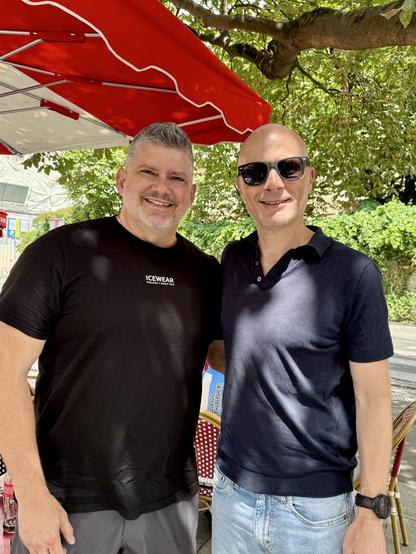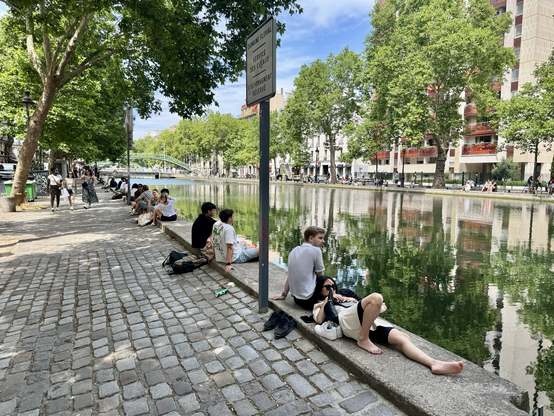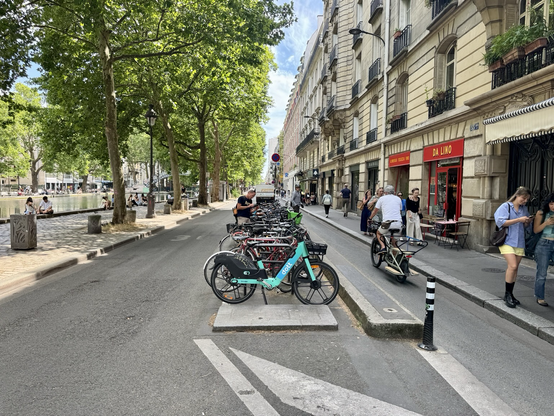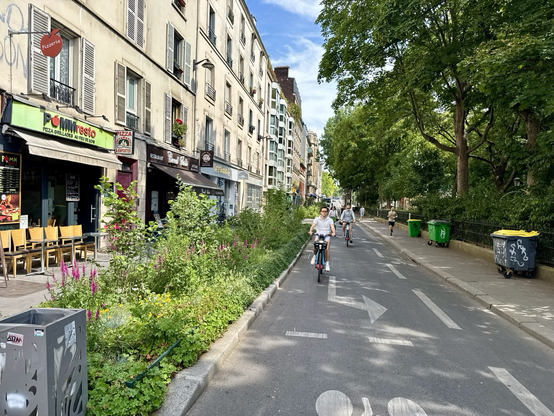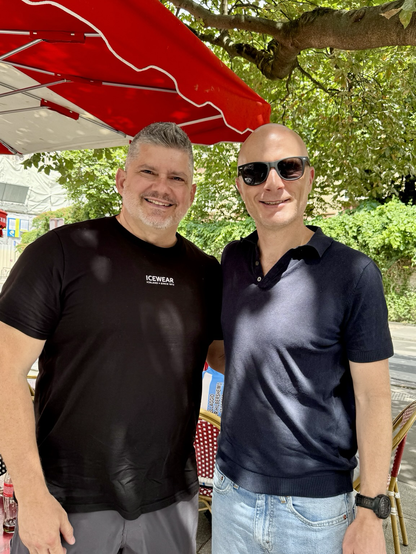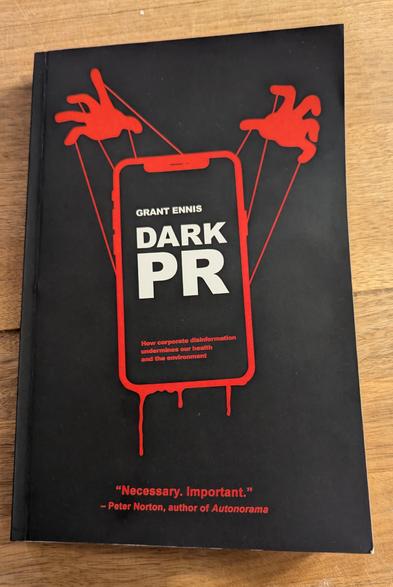What If We Designed Systems to Work for People, Not Just Profits?
Reminder, next month we’re reading A System for Writing by Bob Doto. You can find future books here. If you have suggestions I’d love to hear about them.
Systems need balance and buffer, but both of these things can be tricky to keep around in the face of a system that appears to be working. When you’re earning a decent amount of money and money keeps coming in and your job feels stable, it’s easy to spend most of your money. The fountain of dollars coming in seems to have no end so why bother conserving and creating a buffer?
As we learned earlier in the book, a strong resilient system is hard to see because it keeps working despite things trying to get out of balance1. But when you loose your job due to a recession and then interests rates rise so your mortgage payment increases, you suddenly realize that your lack of savings means you have no buffer to weather the life you had setup around yourself. Times were good so you stripped away savings for a vacation because you could simply build it back up, until you suddenly couldn’t.
We saw this example play out for many in the 2008 subprime mortgage crisis. Things were going fine until suddenly they weren’t and the buffer’s people had, if they had any buffer at all, wasn’t big enough to balance out their financial system. People lost their houses and any savings they had in the face of a collapsing system.
Most people understand the addictive properties of alcohol, nicotine, caffeine, sugar, and heroin. Not everyone recognizes that addiction can appear in larger systems and in other guises — such as the dependence of industry on government subsidy, the reliance of farmers on fertilizers, the addiction of Western economies to cheap oil or weapons manufacturers to government contracts. Pg 131
But the system worked for banks, who were bailed out who then gave billions in bonuses to those same executives that built a brittle system.
While reading this book I’ve continued to come back to trying to understand how we build systems that are resilient not just for big business, but for consumers and people. What can we change about the supports put in place for a future housing crisis that will ensure money saves the homes people live in, at the expense of the bonuses of already rich executives?
Dark PR suggests that we cut off subsidies to businesses for industries we want to reduce reliance on. That would mean reducing or eliminating the subsidies to the fossil fuel industry which would make gas more expensive and help drive consumers to other modes of transportation that would use less fuel.
Meadows makes a strong suggestion that we should locate the consequences for a decision with those that make the decision2. This would mean that a city needs to put their water intake system next to their water treatment discharge facitilty. This would incentivize them to treat their water well, because they’re going to have to drink it.
When a business is looking to cut 15% of payroll, those at the top should be willing to take a 15% pay cut first, then look at the rest of the workforce. This locates the responsibility of their decision to reduce pay directly on them in a reduction in their pay.
But unless we’re going to adopt radical democracy as suggested in Democracy at Work I have a hard time seeing businesses going for this idea.
How about you? What have your takeaways been? Next week we wrap up Thinking in Systems and I’d love any links to things you’ve written about regarding the book.
Thinking in Systems Pg 77 ↩︎Thinking in Systems Pg 157 ↩︎#financialSecurity #governmentSubsidy #systemsThinknig
